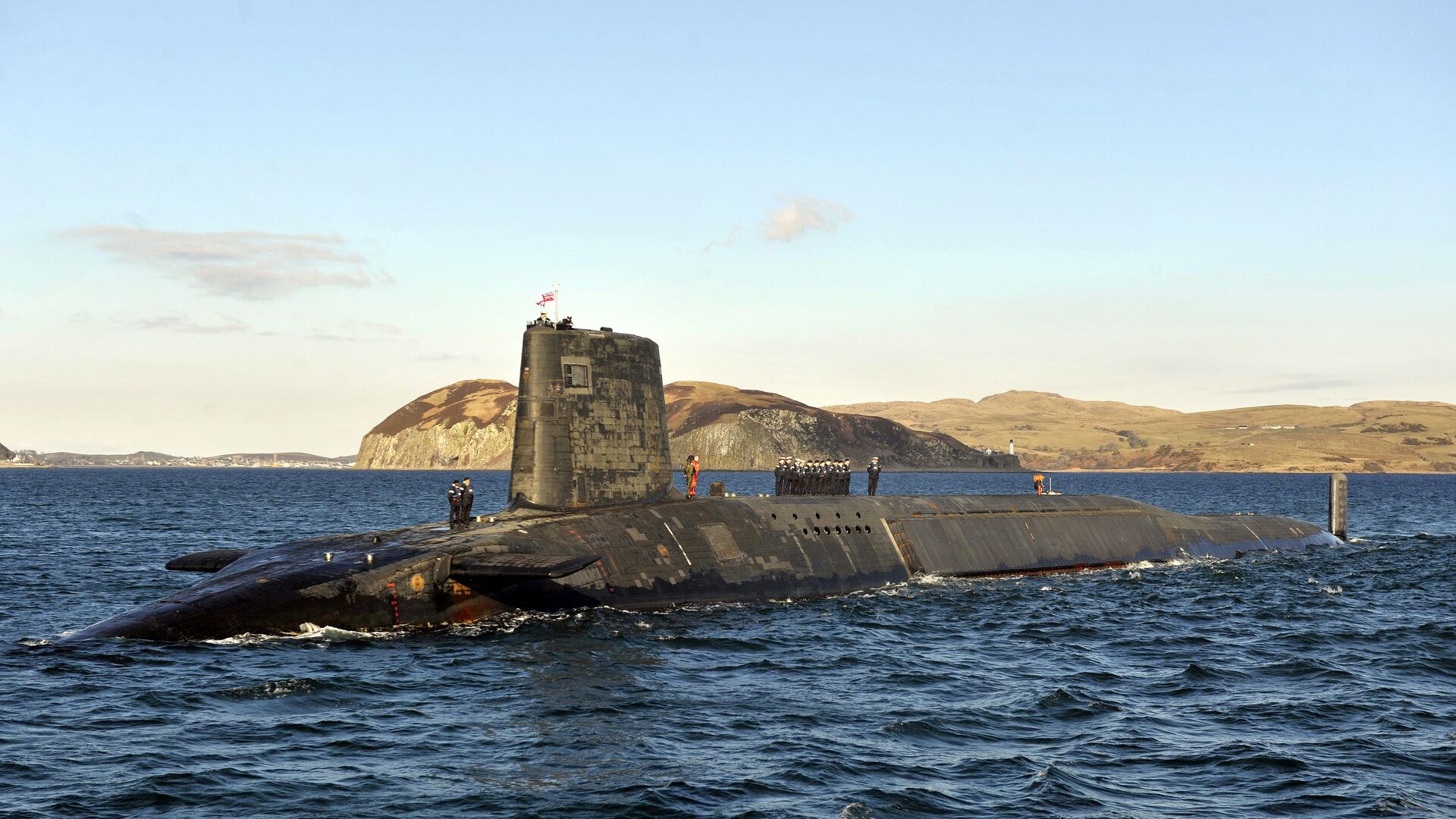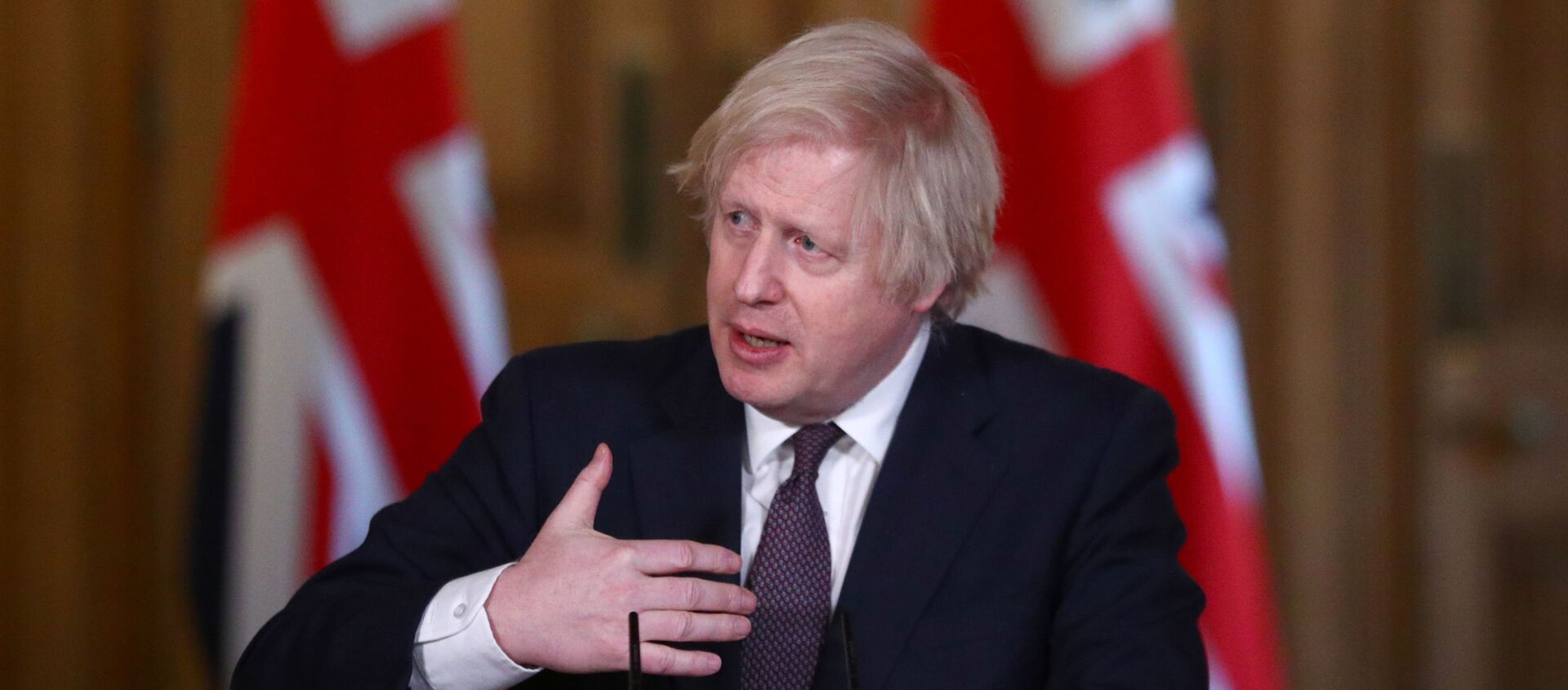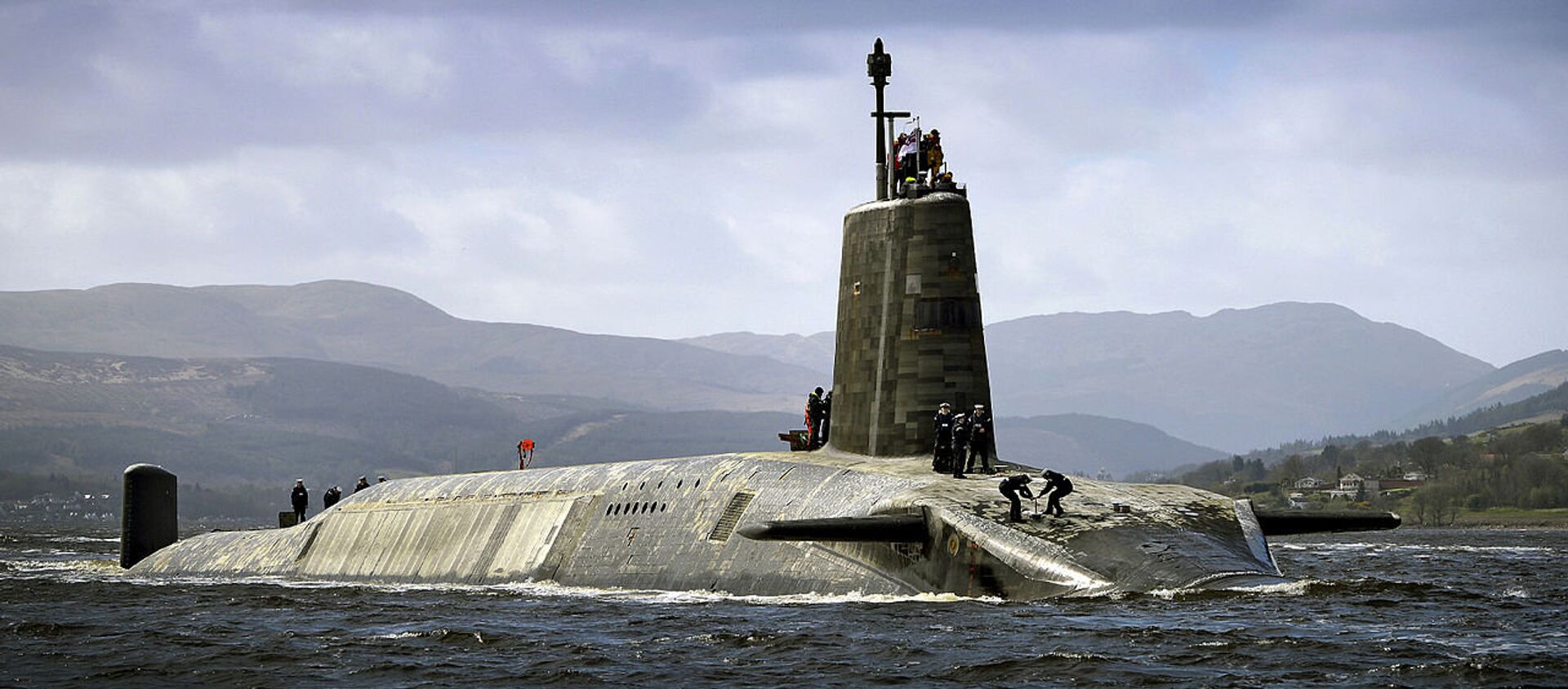Britain's plans to increase the size of its nuclear weapons arsenal is an indication that both the UK and France need to be included in future nuclear arms control talks, Russian Deputy Foreign Minister Alexander Grushko has said.
"From the start, our position has been that the next stage of talks on strengthening strategic stability, which may include further reductions in nuclear weapons arsenals, needs to take account of France and the United Kingdom. This is necessary because as the size of the arsenals of the two main nuclear powers - the United States and Russia, decreases, the share of these powers' potential in this nuclear equation grows," the diplomat said, speaking to reporters on Monday.
"Those steps which are being taken by Britain's leadership today – the plans to increase the number of nuclear warheads, testify to the appropriateness of the way in which the Russian side has formulated the [nuclear] question," he added.
Grushko went on to suggest that the need for bilateral discussions between Moscow and London on the nuclear issue had "ripened and over ripened," and reported that Russia has not held any preliminary talks with its British colleagues on London's plans to increase its nuclear arsenal.
The diplomat stressed that Russia is always prepared for such discussions, "if and when our partners are seriously ready to talk about ways to strengthen strategic stability."
On Sunday, Andrei Kelin, Russia's ambassador to the United Kingdom, told London's LBC radio that political relations between the two countries are "nearly dead," and noted that No 10 has not responded to any of the Kremlin's proposals to sit down and discuss the range of accusations made by British officials against the Russian side in recent years – from the Skripal saga to cyber claims. Kelin stressed that Russia does not consider the UK as a hostile state, and pointed out that the two countries have enjoyed diplomatic relations for about 450 years, and were allies in the Second World War.
A 2020 study by the Stockholm International Peace Research Institute showed that Russia, the US, the UK, France, and China possessed 6,375, 5,800, 215, 290 and 320 nuclear warheads, respectively. Russian and US stockpiles are regulated under the New Strategic Arms Reduction Treaty of 2010, which was recently renewed to 2026. The agreement is the last major strategic arms agreement in place between the nuclear superpowers, with the US walking out on the Intermediate-Range Nuclear Forces Treaty in 2019, and scrapping the Anti-Ballistic Missile Treaty in 2002. The arsenals of the other major nuclear powers are not regulated by any treaty, and both Washington and Moscow have repeatedly and unsuccessfully attempted to include them (China in the US's case, and Britain and France in Russia's) in arms control agreements.






